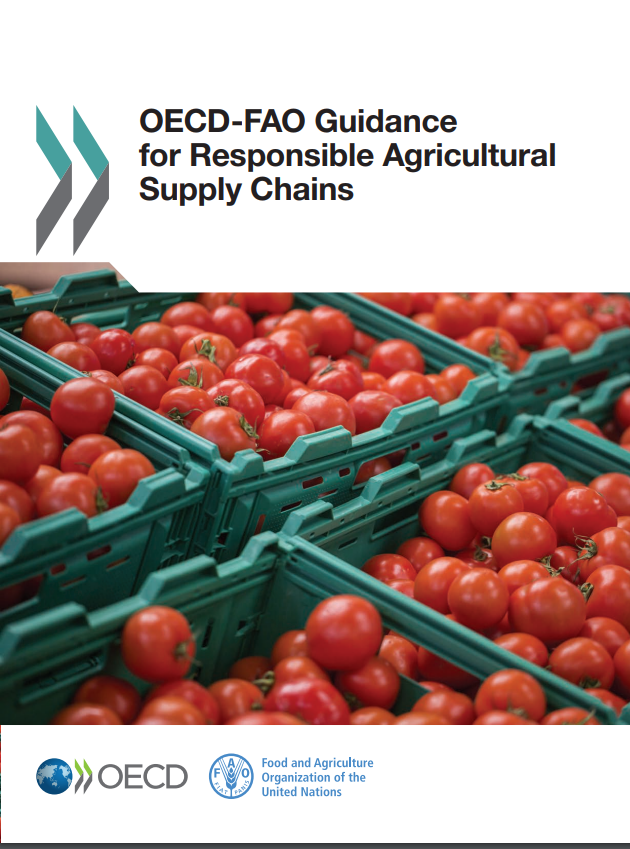Think Twice: Can companies do business with Israeli settlements in the Occupied Palestinian Territories while respecting human rights?
GuidanceDoing business in occupied territories carries with it risks, dilemmas and potential liabilities for companies. The sources of information available to companies to address these risks are limited. This briefing is intended to provide companies with...Read More

